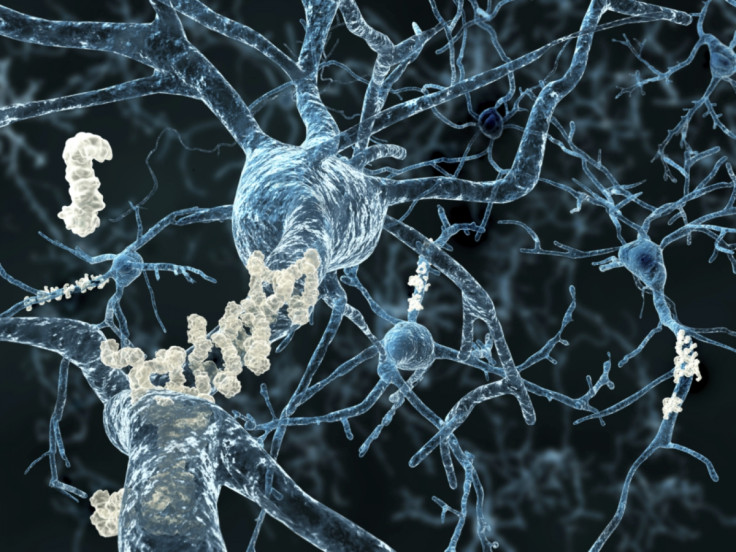FDA-approved anti-cancer drug bexarotene found to prevent onset of Alzheimer's

An anti-cancer drug already approved by the US Food and Drugs Administration (FDA) has been found to delay the onset of Alzheimer's in test-tube experiments and nematode worms. The scientists behind the discovery believe bexarotene could one day be used as a preventative drug in the same way stains are used to ward off cardiovascular disease.
The potential "neurostatin" and its effects were described in the journal Science Advances, with researchers showing how the drug can target amyloid beta aggregation – the first step in the toxic chain-reaction that leads to the death of brain cells. Amyloid beta is heavily involved in the build-up of plaques found in the brains of people with Alzheimer's.
Researchers have long searched for drugs that could control or inhibit the accumulation of amyloid beta but so far none have been found – mainly because we do not fully understand the mechanisms underlying the process of amyloid beta aggregation.
A team from the University of Cambridge developed a test to work out what happens during each stage of the development of Alzheimer's, as well as what would happen if one of these stages was turned off. Michele Vendruscolo, senior author of the study, said: "In order to block protein aggregation, we need accurate understanding of exactly what is happening and when. The test that we have developed not only measures the rates of the process as a whole, but also the rates of its specific component sub-processes, so that we can reduce the toxicity of the aggregates, rather than simply stopping them forming."

They tested different drugs to see if they interacted with amyloid beta in some way. The first molecule identified was bexarotene. Findings showed this drug suppresses the primary nucleation, thereby stopping aggregation before the process has started.
Previous research had indicated bexarotene could be used to reverse Alzheimer's – but this came to nothing after it was shown the results were based on a different model of the clearance of aggregates. In the latest study, the scientists say the drug could be used to prevent Alzheimer's, rather than reverse it.
"We know that the accumulation of amyloid is a hallmark feature of Alzheimer's and that drugs to halt this build-up could help protect nerve cells from damage and death," Rosa Sancho, head of research at Alzheimer's Research UK. "A recent clinical trial of bexarotene in people with Alzheimer's was not successful, but this new work in worms suggests the drug may need to be given very early in the disease. We will now need to see whether this new preventative approach could halt the earliest biological events in Alzheimer's and keep damage at bay in further animal and human studies."
Vendruscolo added that the methods used in this latest study could also be used to identify compounds that could slow the progression of Alzheimer's after its onset. "The next target of our research is also to be able to treat victims of this dreadful disease," she said.
© Copyright IBTimes 2025. All rights reserved.






















